Education Vietnam 2026
May 06 (Wed) ~ 08 (Fri), 2026,
SECC, HCMC, Vietnam
Gen Z School Choice: Behaviors, Criteria, and Vietnamese Parents’ Willingness to Pay
22/8/2025
In a rapidly changing society, the topic of Gen Z school choice is not merely a personal decision—it also reflects broader educational trends, parental expectations, and evolving perceptions of the value of degrees.
Unlike previous generations, Gen Z has grown up in a technology-driven environment, strongly influenced by the internet, social media, and a global mindset. Therefore, their school selection behavior is shaped not only by geographic location or traditional reputation but also by learning experiences, career opportunities, and financial considerations—factors that parents pay particular attention to.
This article provides a comprehensive analysis of Gen Z school choice through three perspectives: behavior, selection criteria, and the willingness to pay Vietnamese parents, offering insights into how families make decisions during this critical stage.
Gen Z School Choice Behavior: Trends of a Distinct Generation
Understanding Gen Z school choice begins with examining the characteristic behaviors of this generation:
- Seeking information online rather than through word-of-mouth: Gen Z prioritizes official websites, social media pages, forums, TikTok, and YouTube reviews over advice from acquaintances.
- Emphasis on learning experiences: Unlike their parents’ generation, Gen Z values facilities, teaching methods, extracurricular activities, and international exposure more than merely attending “top-ranked schools.”
- Preference for transparency and practicality: Young people want to know employment rates and average alumni salaries rather than just hearing slogans such as “high quality.”
- Strong influence from social media: Trends such as “school reviews” on TikTok and Facebook have a significant impact. A viral clip can prompt many students to reconsider their choices.
These factors make studying Gen Z school choice distinct from examining Millennials or Gen X.
Criteria of Gen Z and Parents in School Selection
Beyond individual behavior, Gen Z’s school choice is strongly influenced by parental criteria—since parents often bear the financial responsibility. Key factors include:
.png)
2.1. Academic and School Brand Criteria
- Reputation and ranking: Still important but no longer the sole factor.
- Quality of faculty: Parents often look for teachers with international degrees and substantial experience.
- Curriculum: Especially bilingual or international-linked programs aligned with global trends.
2.2. Experience and Development Opportunities
- Dynamic and creative environment: Abundant clubs and extracurricular activities.
- Learning through practice: Internship programs, corporate partnerships, and entrepreneurship opportunities.
- Internationalization: Student exchange opportunities and international semesters.
2.3. Financial and Geographical Criteria
- Tuition fees: A key factor affecting parental willingness to pay.
- Scholarships and financial support: Reduce the economic burden.
- Location: Schools near home are often preferred if families do not want children to travel far.
Comparison Table: Gen Z vs. Parental Priorities
|
|
|
|
|
|
|
|
|
|
|
|
|
|
|
|
|
|
|
|
|
|
|
|
From the table above, it is evident that Gen Z focuses on experience and opportunities, whereas parents prioritize finances and safety. The intersection of these priorities ultimately shapes the final decision.
Vietnamese Parents’ Willingness to Pay: Financial Readiness in School Choice
The factor of “willingness to pay” is crucial to understanding Gen Z school choice:
- Willingness to invest in international and bilingual schools: Many parents are willing to pay VND 150–300 million per year for international education, hoping their children gain strong language skills and global thinking.
- Tuition for domestic public and private schools:
- Public schools: VND 10–30 million/year
- Private schools: VND 50–120 million/year
Depending on income, parents are willing to invest but usually compare quality against cost carefully.
- “Investing in the future” mindset: Parents view educational expenses as a long-term investment and may cut other costs to ensure their children attend quality schools.
- Scholarships and educational loans: These programs empower parents to make more confident financial decisions.
Future Trends in Gen Z School Choice
.png)
Looking ahead, Gen Z school choice behaviors in Vietnam are expected to continue evolving:
- Increased online/hybrid learning: The pandemic has created habits of blended learning, which are likely to persist.
- Career-oriented school selection: Gen Z tends to choose “hot” fields like AI, Data, and Digital Marketing rather than traditional ones.
- Global competition: With more Vietnamese studying abroad, domestic schools are pressured to innovate.
This requires educational institutions not only to improve quality but also to meet both Gen Z’s experiential needs and parents’ financial considerations.
Conclusion
Gen Z school choice is a complex process, reflecting the aspirations of youth while depending on Vietnamese parents’ willingness to pay. While Gen Z values experiences, creativity, and career opportunities, parents are more concerned with costs, scholarships, and safety.
The intersection of these factors determines the final decision—schools must align with the child’s passion while remaining financially feasible for the family.
Key takeaway: To attract Gen Z and parents, schools need transparent quality indicators, real-life learning experiences, and reasonable financial policies. Understanding Gen Z’s school selection behavior is critical for institutions to develop effective enrollment strategies in an increasingly competitive education landscape.
Bài viết mới nhất

Re-inventing Education: The OMO Model – Unlocking the Future of Flexible Learning
27/1/2026

Tái Định Nghĩa Giáo Dục: Mô Hình OMO – "Chìa Khóa" Mở Khóa Tương Lai Học Tập Linh Hoạt
27/1/2026

AI Young Guru: Igniting the Technological Potential of Vietnam’s Youth
23/1/2026

AI Young Guru: Đánh Thức Tiềm Năng Công Nghệ Của Thế Hệ Trẻ Việt Nam
23/1/2026

Educating for Jobs That "Don't Exist Yet": Challenges and Opportunities at Education Vietnam 2026
20/1/2026

